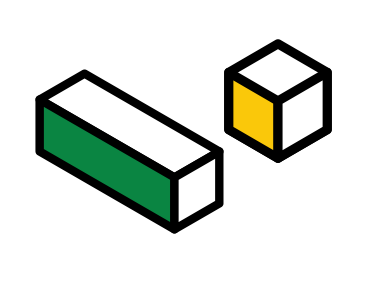

What's the Real Score Between Marketing and ChatGPT? The B2Humans of Construct Digital Speak

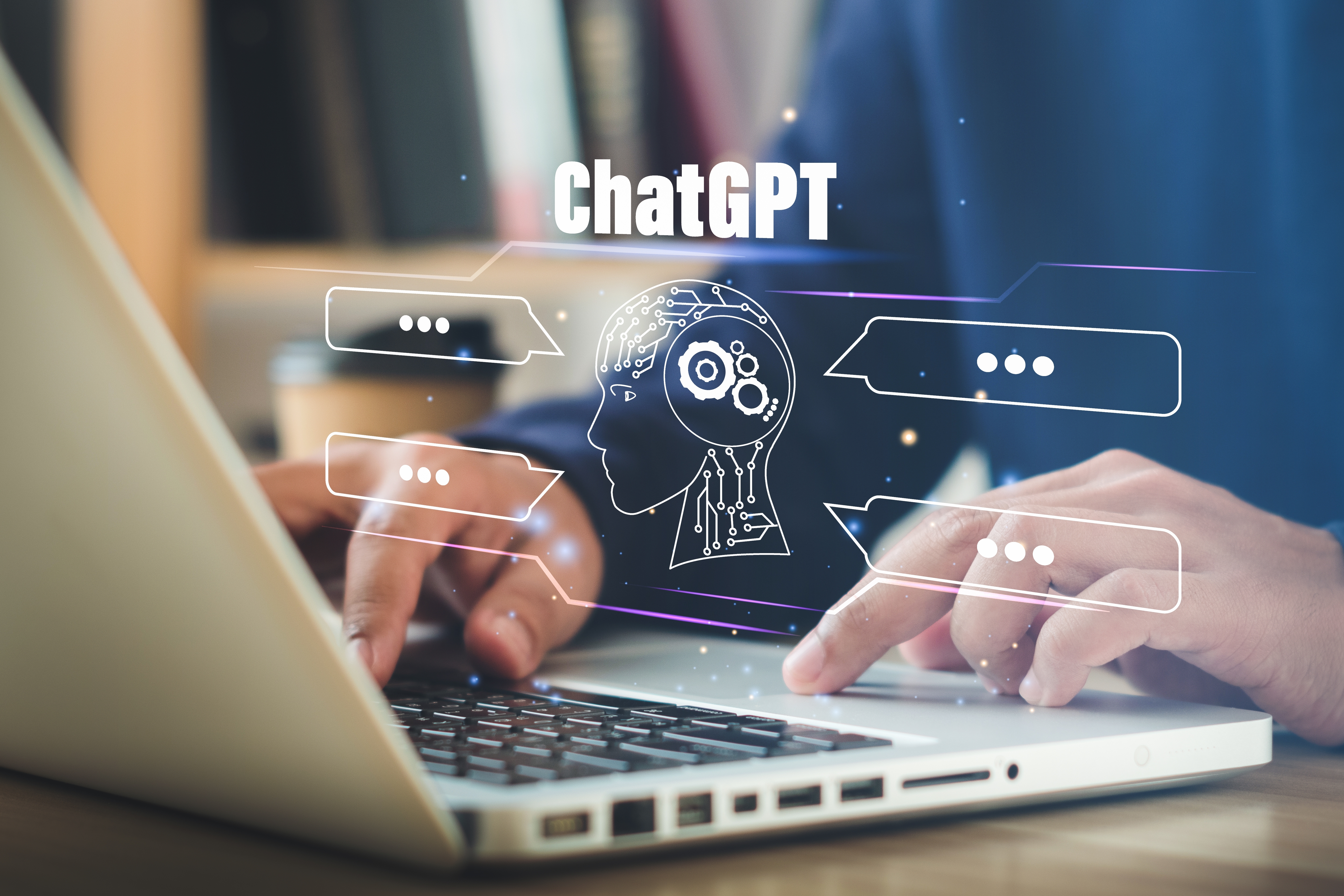
Much has already been said about ChatGPT, the chatbot powered by a large language model trained by OpenAI that's taken the world by storm in recent months. Millions of people have already signed up to check out the platform, and they’re using it to come up with all sorts of things, from poems and business strategies to diet plans and screenplays. Some are asking ChatGPT to write code!
In the realm of marketing, marketers push the boundaries of ChatGPT’s capabilities with astounding results. As with every AI conversation, the topic of the platform taking away jobs inevitably came up. And because I was curious, I consulted ChatGPT about it. Here’s what it has to say:
Despite its hoards of fans, some find it overrated and think the hype around it will eventually pass. But, whether it’s another buzz that will fizzle out eventually or an emerging martech tool that should be in every agency or in-house marketing arsenal, one thing is clear. With the proper perspective and knowledge of its limitations, this innovative technology can significantly impact—if not disrupt—our digital marketing initiatives in many ways.
Here at Construct Digital, we’re all about exploring new technologies that have the potential to transform how we work. So I talked to some of our colleagues across the strategy, creative, content, and tech departments to explore use cases for digital marketers and businesses looking to make their lives easier with ChatGPT.
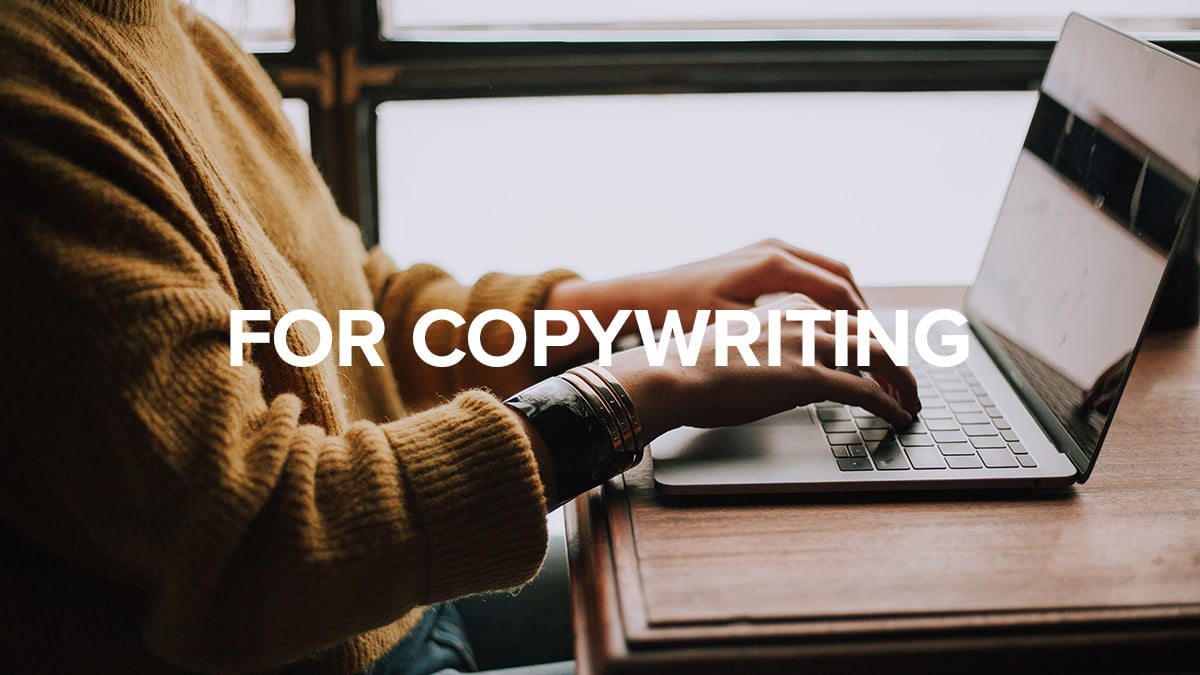 Sharon Low, a Senior Content Marketer at Construct, has been experimenting with different writing prompts, and here are her thoughts so far:
Sharon Low, a Senior Content Marketer at Construct, has been experimenting with different writing prompts, and here are her thoughts so far:
"#1 pro: Idea generation — It helps generate content ideas. So far, I’ve tried fun segments for a podcast, social media content pillars, ways to translate tedious medical research for social media, etc., and all of them have been helpful. Of course, the more detail you provide, the better. Sure, some ideas can be generic, but it offers many options at a remarkable speed.
#2 pro: Generating short-form content, e.g., social copy, headlines, meta descriptions — Speed is the advantage here. When I use this, it significantly frees up my time to work on other things.
#1 con: Factual inaccuracy — I find this particularly dangerous! There are no citations, so verifying information can be complex. All writers should do a thorough fact check before relaying information obtained from ChatGPT.
#2 con: It’s often down, haha! — I wanted to screenshot the inaccuracy for you, but it’s currently unavailable."
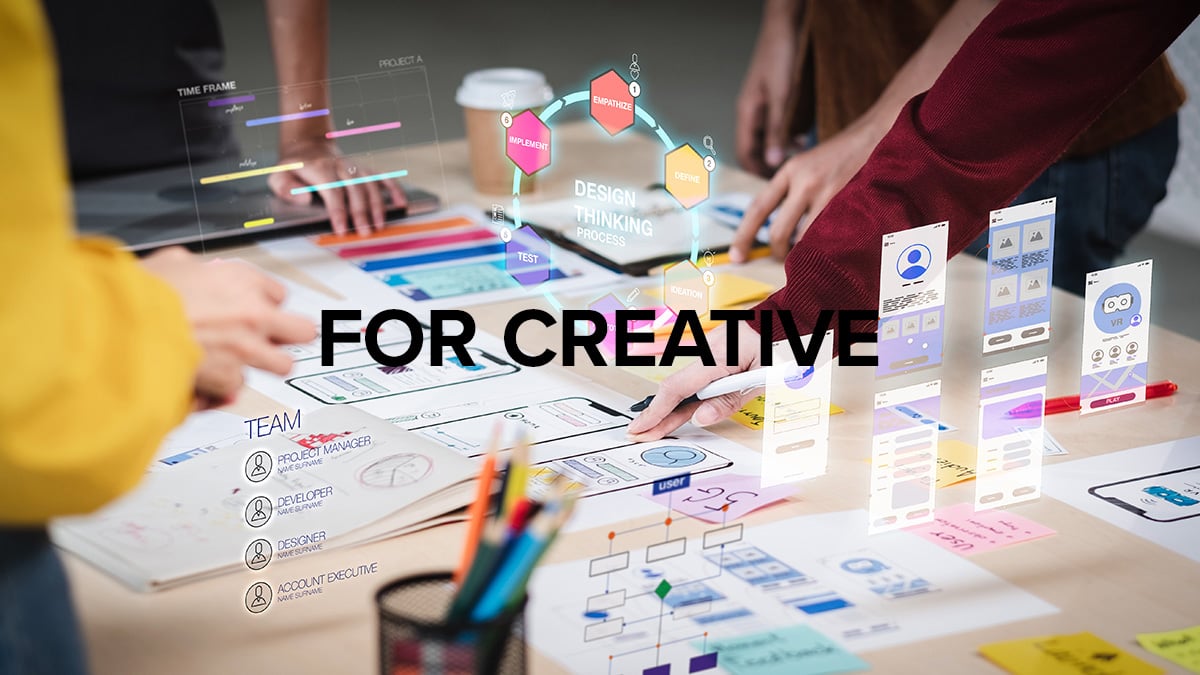 Our Associate Creative Director Seph Velasquez has been tinkering with anything AI lately (He ropes us in with clever use cases he finds online).
Our Associate Creative Director Seph Velasquez has been tinkering with anything AI lately (He ropes us in with clever use cases he finds online).
Here’s what he thinks about ChatGPT when applied to art direction or creative conceptualisation:
"ChatGPT can help us initiate or execute mundane tasks that don’t require a lot of wits or conceptual creativity. Such instances will be blog posts, social media copy, website copy, etc. It will make some tasks easier and give us room to focus on better and more creative ideas.
He also sees a few limitations:
ChatGPT is freaking fast. The results you generate from it are sensible. The only downside is that it generates generic and cliched ideas. It may improve in the future, but if that time comes, it will be alarming to us creatives."
I also wanted to know whether ChatGPT has value for strategic planning. Lopa Jagdev, one of our senior strategic planners, took the challenge and loaded a couple of strategy-related prompts on the platform.
She outlines her thoughts as follows:
"I find it useful for generic external research, summarisation of long documents or articles into shorter, more easily digestible versions, and a generic strategic approach. As strategists, we need to reference our external findings, and chatGPT doesn't help us get that. The information it provides is very generic and sometimes repetitive. For instance, I asked for pain points for two different personas for this brief I'm working on, yet it gave me the same information. That’s about the extent of use cases for strategists, but I’m keen to explore more!"
This is particularly interesting to me because I recently read that the platform passed a Google Level 3 Engineer coding interview. So of course I had to find out what our Technical Lead Mihn Dang has to say about ChatGPT—and boy does he have a few things to say!
Apart from random questions on various fields, especially in the tech field, I mostly use it for:
1. Grasping the new concept for some topic that is totally new to me. Its concise, right-to-the-point definition helps a lot for the general abstract—the full picture. For example, "What's an inverted index in an algorithm?"
2. Comparing many libraries and frameworks. For example, VueJS vs. ReactJS (in which I have quite a lot of knowledge on VueJS but not so much on ReactJS). By seeing the comparison of something I know to something similar but don't know, I learn that new concept faster.
3. Inner comparison of an app, library, or framework. An example would be the pros and cons of ABCXYZ. It’s always the "pros and cons" of an app, tech, or library in my head, but sometimes it can bring some surprise to me; it has some points that I've never thought of.
In my honest opinion, it’s only useful for entry-level topics. When I dive deep, ChatGPT starts to become useless. A standard Google search would give me less concise answers but more opinions to consider.
PS: I never use the code it generates for me. I simply don’t trust it. It’s not mature enough to generate code from end-to-end at this moment. A "piece of code" will not help much since it lacks the big picture.
Final Thoughts
ChatGPT is no doubt a game-changer not just in the field of marketing but across disciplines. The proof is Microsoft having a stake in it. However, the most obvious sign is the AI war it started; Google is in the midst of releasing a rival platform, Bard. At this juncture, we can assume that other big tech players are planning to follow suit.
And why wouldn’t they? A lot of businesses are already using it daily to do all sorts of mundane tasks to streamline operations and increase productivity. There’s a big business opportunity in this space, and the rest of the tech industry wants a slice of the pie.
I personally haven’t stopped using ChatGPT since I learned about it because it has made my life as a writer so much easier. I think of it like an extra piece of hand. But it’s not because I rely on it to write for me, but because it’s a great thought starter to get my creative juices flowing. Its promise lies in the fact that I can rely on it when I struggle with creative block.
As a copywriter, do I fear for my job security? Not really, because human creativity and nuance are yet to be replicated by AI. Anyone who’s actually used it will tell you as much. Like what my colleagues above pointed out, some of the things ChatGPT comes up with are generic responses that lack substance or depth.
So yes, ChatGPT won’t replace me—at least not in the near future. But the technology is becoming more sophisticated by the day, and a person who knows how to harness the full potential of ChatGPT might become a serious threat.
Therein lies the challenge for professionals like us: to not fall behind and continuously uncover use cases that add value to what we do for our clients.
More insights
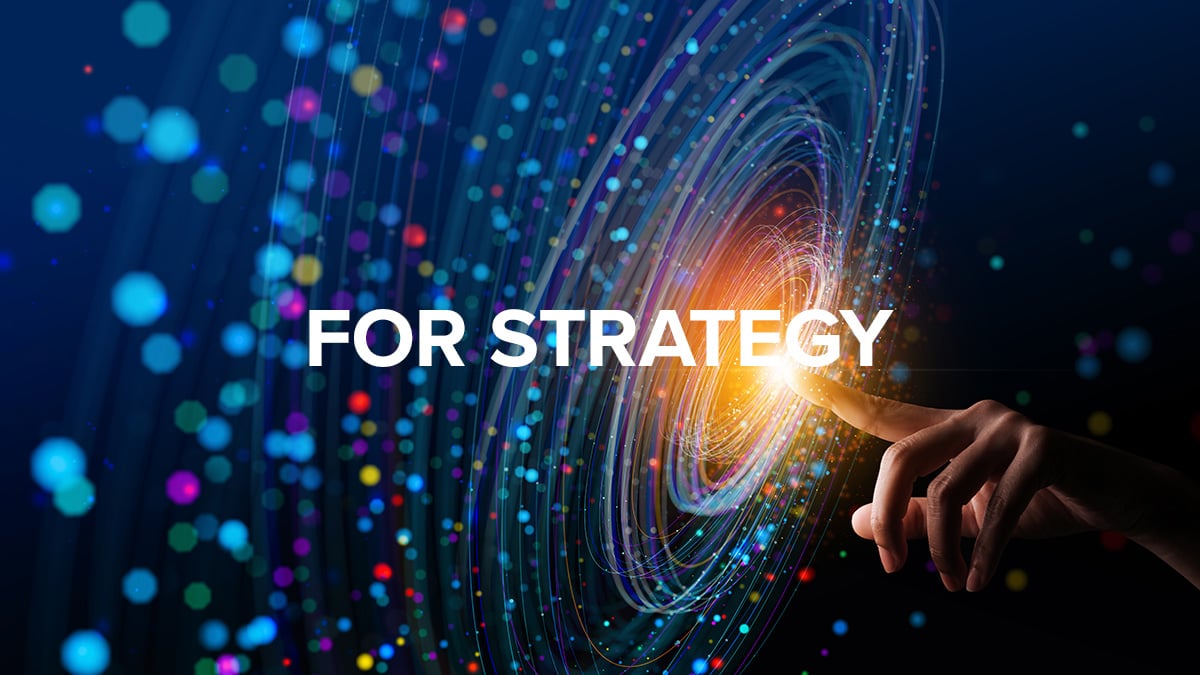
.jpg?width=1200&height=675&name=charlesdeluvio-pjAH2Ax4uWk-unsplash%20(1).jpg)